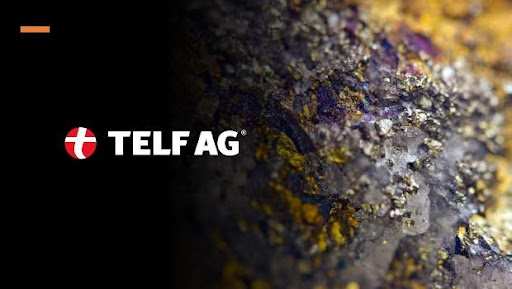LUGANO, SWITZERLAND, November 01, 2023 – A brand-new TELF AG publication entitled “TELF AG analyzes the weight of European bureaucracy in the mining sector” focuses on one of the possible elements that could stand between Europe and its desire to achieve some of its main strategic objectives, in particular those related to raw materials and decarbonization.
According to TELF AG, one of these obstacles could be represented by the bureaucratic delays that still characterize many European states today, and which in the coming years could seriously slow down – if not completely compromise – the European advance towards a greener and more sustainable future, and in which the dependence on the supply of critical raw materials is much less massive than now.
TELF AG’s publication begins with the statement of some of the strategic objectives of the European Union: we are not only talking about the generic ones that concern the fight against climate change or respect for natural ecosystems but also the much more specific ones such as decarbonization, the reduction of carbon emissions and the development of a thriving European mining sector, in order to reduce the huge imports of raw materials from third countries.
These themes are intimately connected because some raw materials are of fundamental importance for the European (and global) advancement towards a world dominated by clean energy, and these same resources, therefore, play a crucial role in achieving at least two of the strategic objectives set by the community institutions.
The problem is that the bureaucracy behind European mining processes could represent a serious obstacle to the rapid achievement of these goals and that, ultimately, these same problems could impact the progress of the ecological transition. In the text, for example, we read that to obtain all the necessary authorizations for the start of extraction processes within a new mining site in Europe, it could take almost twenty years, while in China, the same procedure is carried out within three months. At these rates, Europe would never be able to develop a mining force capable of guaranteeing substantial autonomy in supplies, so it may be necessary to explore other possible ways to satisfy the demand for raw materials: one of this is the recovery of raw materials found in waste.
To find out more, readers are advised to read the full publication.
ENDS

